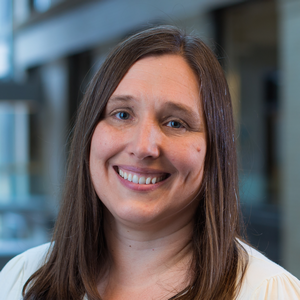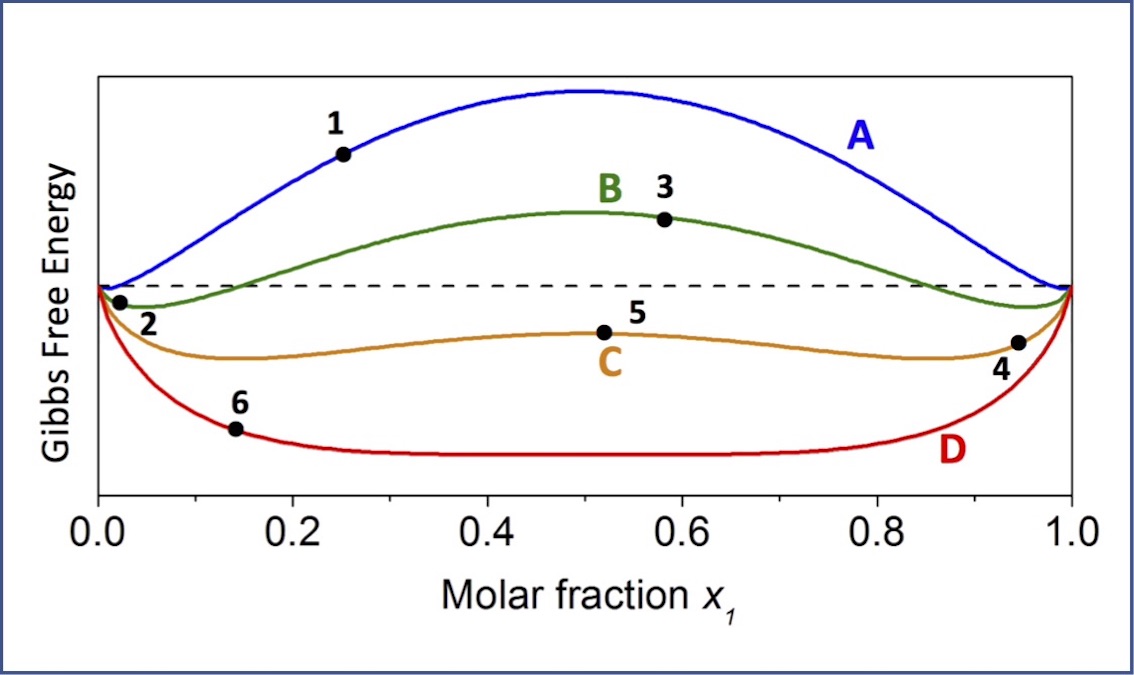Jessica Sandland is a principal lecturer in MIT’s Department of Materials Science and Engineering (DMSE), where she leads online learning initiatives-- developing massive open online courses (MOOCs), collaborating with faculty, researching best practices in online learning, and designing blended learning experiences for the MIT community. She has overseen the development of a wide variety of DMSE’s online courses, including 3.086x (Innovation and Commercialization), 3.032x (Mechanical Behavior of Materials), 3.024x (Electronic, Optical, and Magnetic Properties of Materials), 3.15x (Electrical, Optical and Magnetic Materials and Devices), and 3.054x (Cellular Solids).
Jessica is one of the co-founders and leads of the MICRO program, whose mission is to provide a remote research and education experience for engineering undergraduates from disadvantaged backgrounds. She also serves as a senior member of Open Learning’s Digital Learning Laboratory. Her current research interests include the utility of peer review in open online courses and the use of humor in MOOCs, and she’s received awards for Best Paper in ‘20 and ‘22 for her contributions to the IEEE LWMOOCs Conference. Jessica also received the 2019 MITx Prize for Teaching and Learning in MOOCs and was a finalist for the 2019 edX prize. Jessica holds a Ph.D. in electronic materials from MIT.


